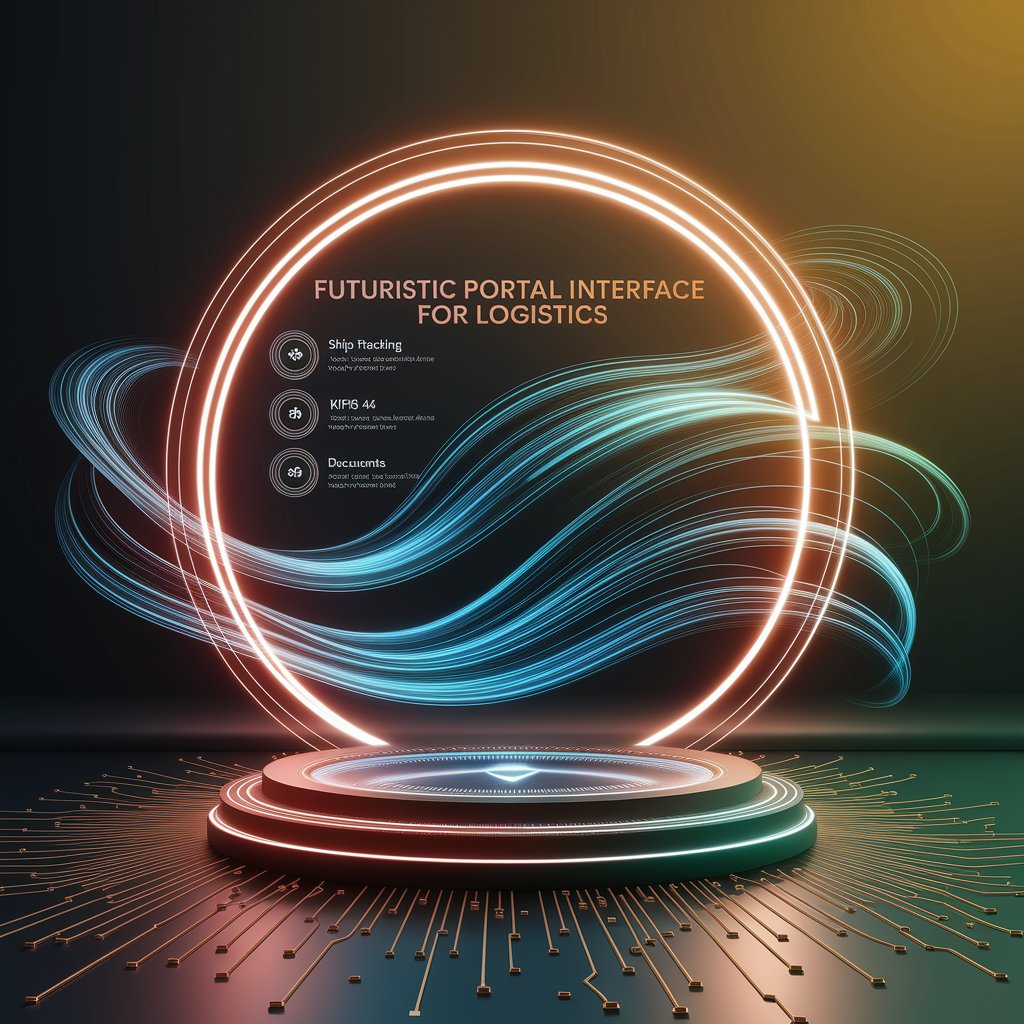Quantum Logistics Planning: The Next Frontier in Supply Chain Optimization

Introduction
This is where quantum logistics planning offers a revolutionary step forward. By leveraging quantum computing’s ability to process vast combinations of variables simultaneously, logistics providers can unlock solutions that were previously impossible or too slow to compute.
What Is Quantum Logistics Planning?
Quantum logistics planning applies quantum computing principles to logistics and supply chain optimization. Unlike classical computers, which solve problems sequentially, quantum computers can evaluate multiple outcomes in parallel, enabling near-instant solutions for extremely complex logistics challenges.
This technology has the potential to reshape planning for:
- Route and fleet optimization
- Inventory placement and warehousing strategies
- Scheduling under uncertainty (delays, weather, labor availability)
- Real-time disruption management

Key Features of Quantum Logistics Planning
- Parallel Problem Solving: Analyze millions of potential routes at once.
- Real-Time Optimization: Adapt instantly to disruptions like port closures or demand spikes.
- Scalable Modeling: Handle global supply chain networks without performance limits.
- Scenario Simulation: Test different market, cost, and risk conditions instantly.
- Integration with AI: Combine quantum computing with machine learning for predictive insights.
Benefits for Logistics Providers
- Unmatched Speed: Solve optimization problems in seconds instead of hours.
- Cost Efficiency: Minimize fuel consumption and operational costs.
- Resilience: Adapt faster to global disruptions.
- Sustainability: Optimize routes to reduce emissions.
- Competitive Edge: Early adopters gain advantages in efficiency and agility.

Real-World Applications
- Air Cargo Networks: Quantum planning to schedule flights with minimal delays.
- Maritime Shipping: Optimize vessel routes across congested global ports.
- Last-Mile Logistics: Deliver more packages with fewer vehicles and less fuel.
- Retail Supply Chains: Place inventory strategically for peak-season demand.
- Disaster Relief Logistics: Quickly model supply delivery routes in emergency scenarios.
The Future of Quantum in Logistics
The future of quantum logistics planning lies in hybrid systems that combine classical computing with quantum optimization engines. As hardware advances, logistics companies will move from pilot projects to fully operational quantum-driven platforms. In the long term, quantum computing may enable autonomous, self-optimizing supply chains that continuously adapt to global conditions in real time.

Conclusion
Quantum logistics planning is more than just a buzzword—it’s the next frontier of supply chain innovation. By delivering faster, more accurate solutions to complex optimization problems, quantum computing empowers logistics providers to cut costs, improve resilience, and build greener, more efficient operations. For companies that want to stay ahead of disruption, investing in quantum-driven logistics planning today ensures a smarter, future-ready tomorrow.
